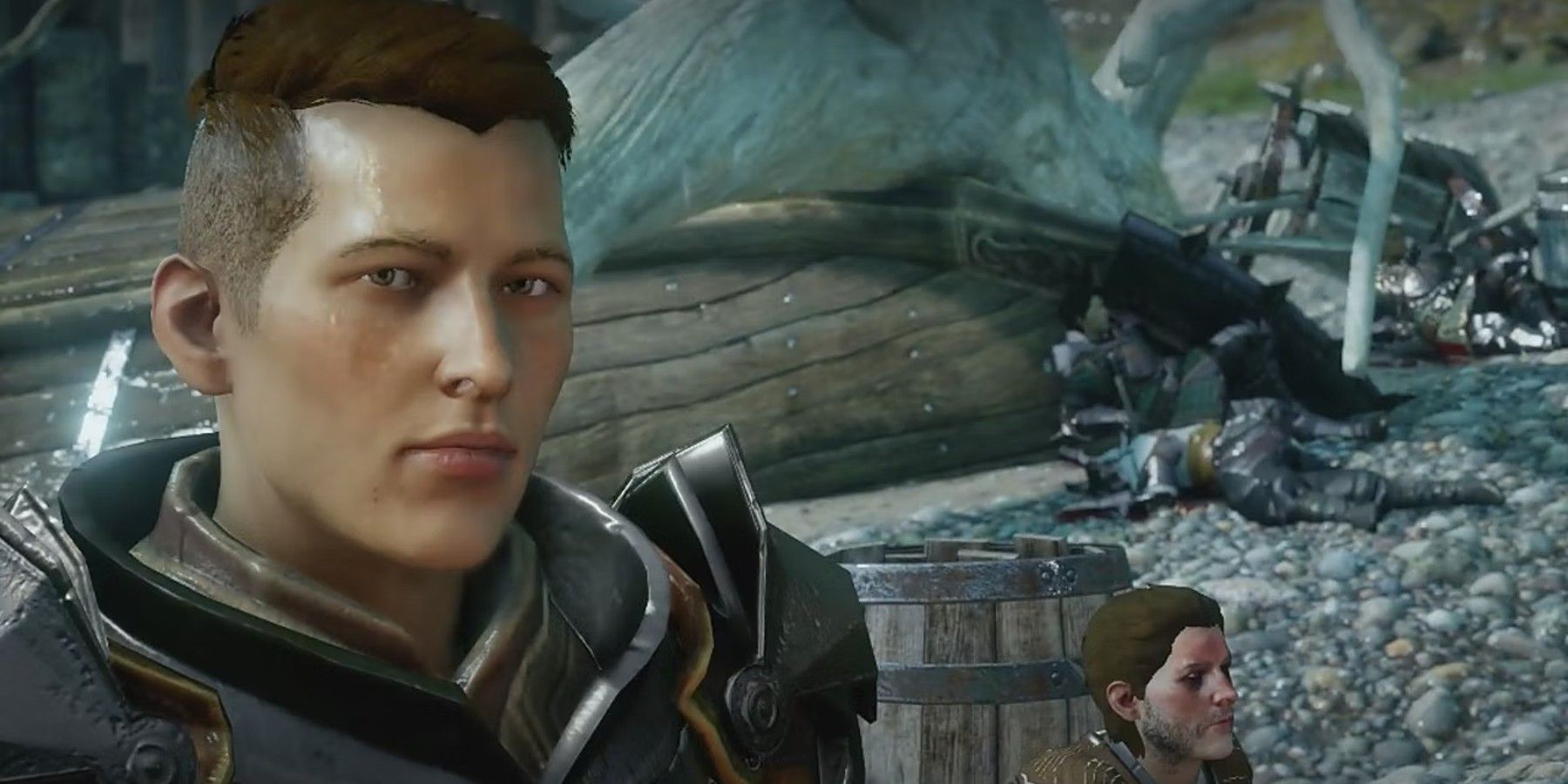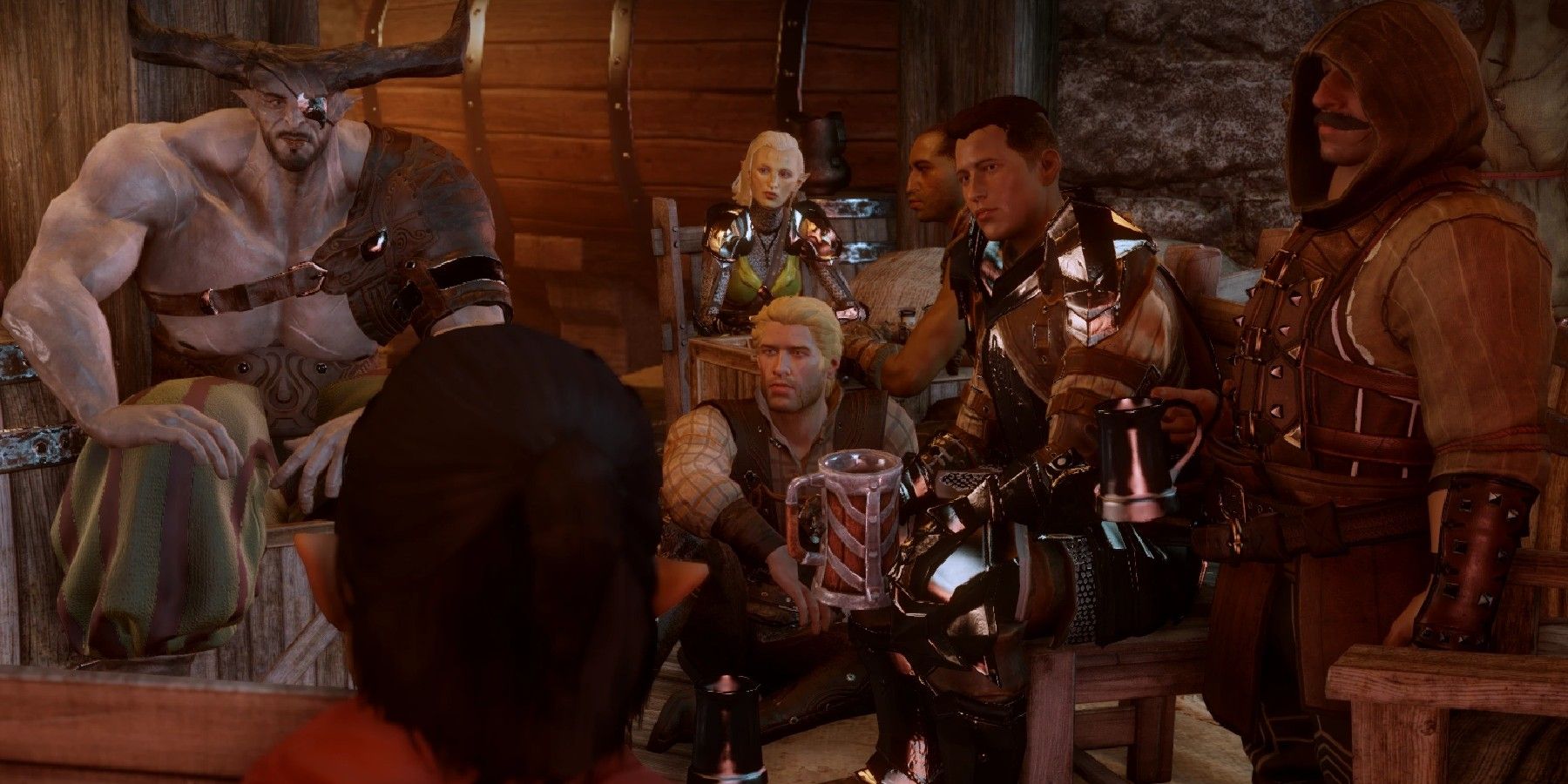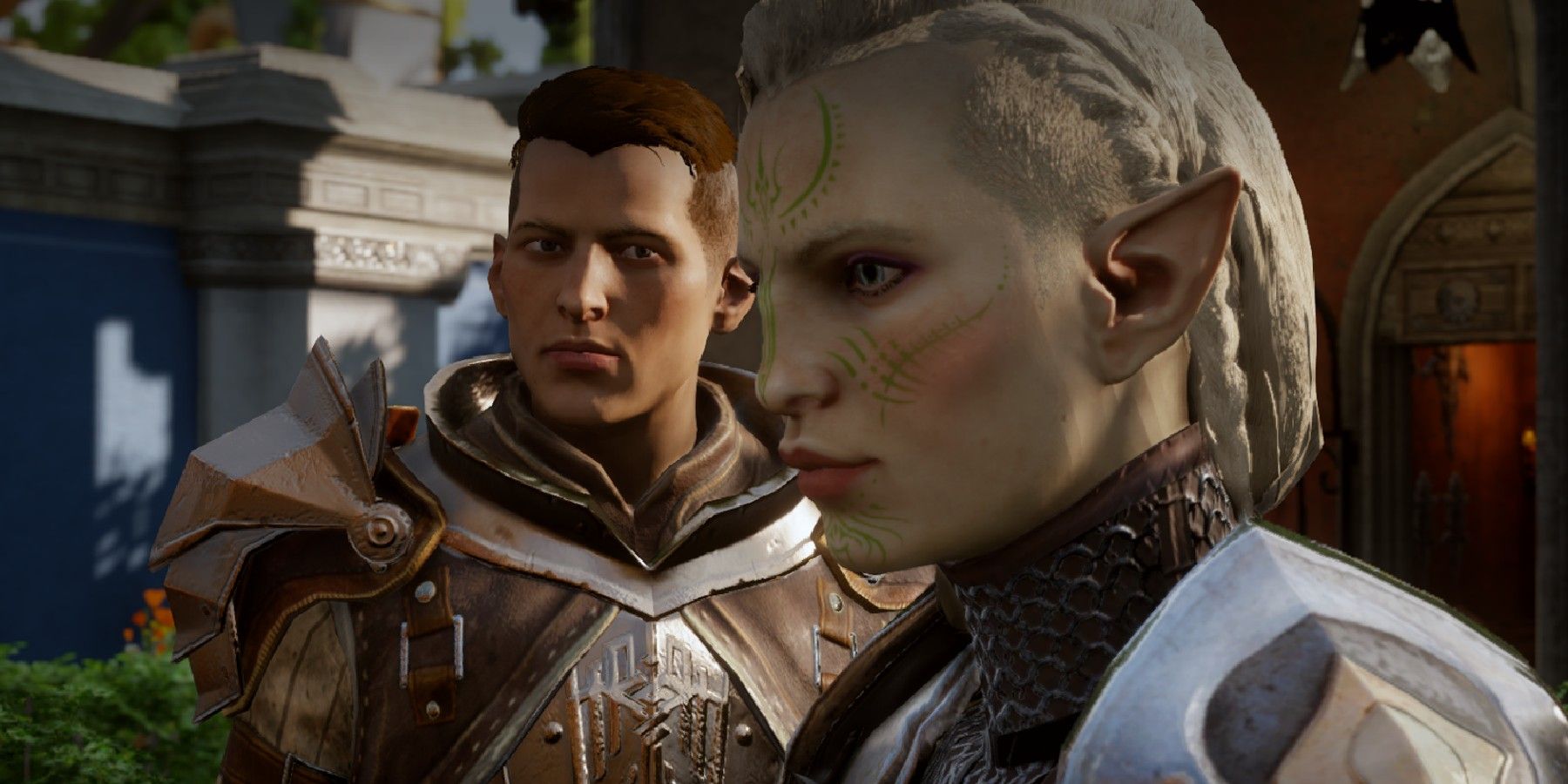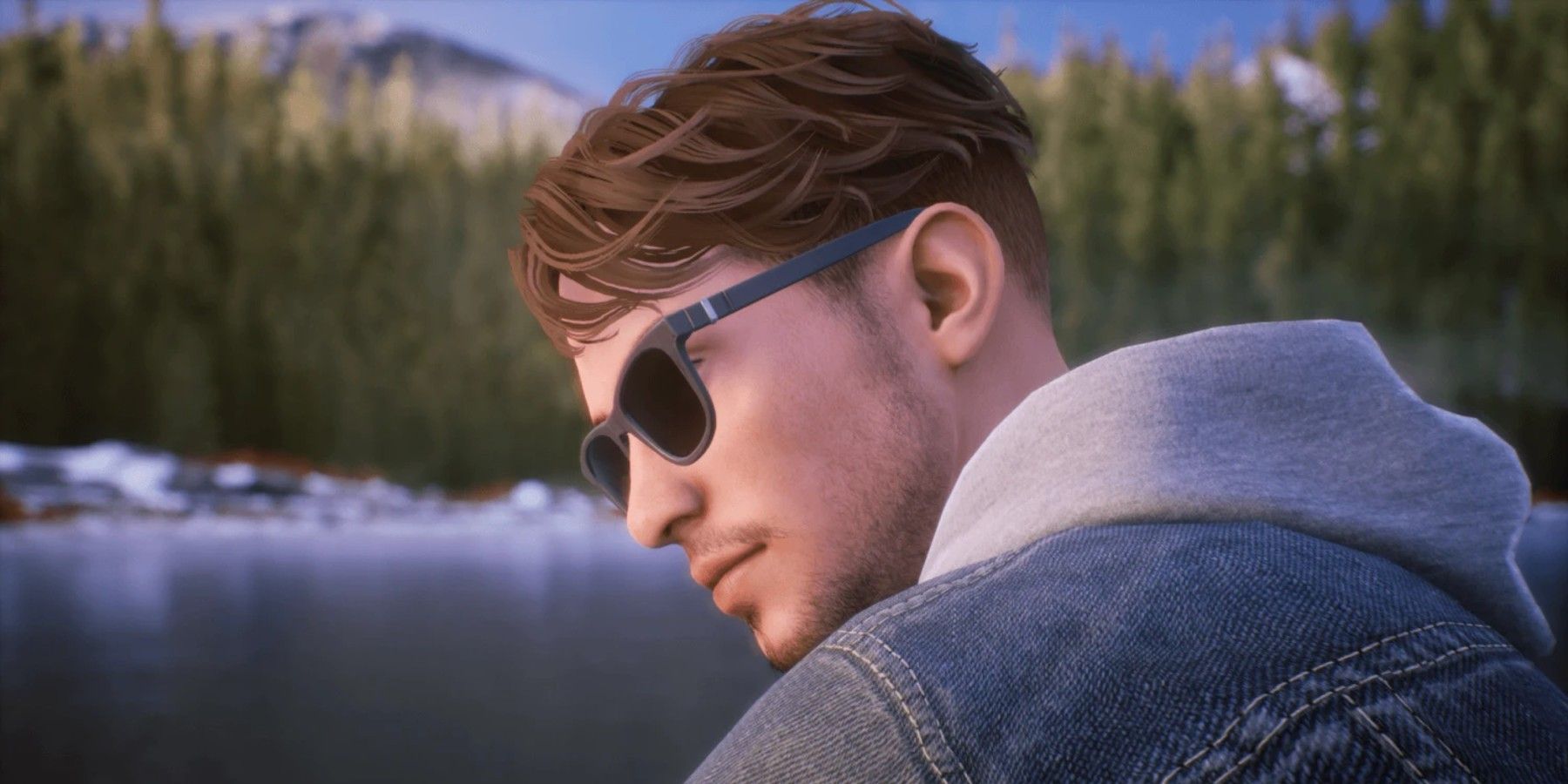Like any kind of cultural medium, video games can court controversy and face many criticisms from a variety of groups. Despite being a young industry compared to other visual mediums like film and television, video games have come a long way in lots of respects since they first emerged in the latter half of the last century. However, they also have a lot to learn in key areas like representation. There are some notable exceptions like the queer characters in The Last of Us series, but these are often few and far between.
Transgender characters, in particular, are often maligned or included simply to exist as punchlines rather than attempts at genuine inclusivity. However, the gaming industry is taking steps, however small, in the right direction. Looking at the Dragon Age franchise alone shows how much of a difference a few years can make. The series went from a mocking portrayal of transgender characters in Dragon Age: Origins, to a praise-worthy depiction in Dragon Age: Inquisition with Cremisius Aclassi, or Krem, as he is known by his ragtag group of fellow mercenaries called The Bull's Chargers.
How BioWare Gets It Right (And Wrong)
It can be difficult to create a truly diverse cast of characters in a game, particularly when development teams have been incredibly homogenized in terms of race and gender for decades. Many well-known studios have been the center of controversies surrounding sexist working practices and toxic environments, with recent accusations swirling around companies like Blizzard. It's no wonder that these kinds of places rarely produce inclusive and appropriately diverse games that are more typical of the smaller indie studios.
Despite a less than stellar track record of its own, BioWare managed to correct mistakes from previous games and present a fully realized and sensitively portrayed transgender character in Dragon Age: Inquisition. If players only briefly interact with Krem when he's outside of Haven or relaxing in Herald's Rest, they may not even realize that he was a transgender character, and it's only explicitly discussed when the Inquisitor gets to know Iron Bull and his Chargers better in Skyhold's tavern. Krem alludes to it a few times, but the fact that it's not immediately apparent or frequently mentioned, feels authentic and unforced.
Iron Bull's casual acceptance and assurance that Krem is a real man, like the qunari's Aqun-Athlok (described as someone who is "born as one gender but lives like another") is refreshing, and also surprisingly touching. It's not presented as a big deal or even a defining characteristic for Krem — it is simply a part of his identity. Krem's tentative question about how these qunari are treated hints at his own struggles, but not in a way that beats players around the head or indulges in the trauma porn that is usually an inextricable part of LGBTQ+ mainstream representation.
BioWare hasn't always gotten things right. While Krem may be a great example of layered and informed representation, Dragon Age: Origins really missed the mark with its own transgender characters — a group of sex workers that players could interact with at The Pearl brothel. While there is nothing wrong with sex work if it is consensually undertaken, the characters were included as more of a joke than anything else, and BioWare has since apologized for their depiction.
Why Representation Matters
RPGs are often a good space to explore more diverse characterizations; not least because players usually create their protagonists down to the very last detail, choosing everything from their gender to the shape of their nose. Upcoming titles like Starfield are even letting players choose their pronouns, which shows another advancement in representation. However, these can feel like tokenism if there are only cisgender characters in the rest of the game, and don't necessarily solve the problems of a lack of diversity.
Some players feel that explorations of representation don't belong in video games, and there is a desire for studios to steer clear of these cultural debates altogether. This is seen by others as simply ignoring important conversations that affect everyone, just for the sake of avoiding potential controversy. While it's understandable for gamers to want nothing from their games except enjoyment, and to consider them hardly the best platform for social change, issues like LGBTQ+ representation are becoming more and more unavoidable, and already affect many games like The Outer Worlds.
Transgender characters are not a common occurrence in video game narratives, and when they are, their portrayals are typically harmful, lazy, exploitative, or all three. Cyberpunk 2077 faced its own controversy over a design of an in-game poster that featured a femme-presenting individual with a very apparent male appendage advertising a drink with the tagline "mix it up." The commodification of transgender bodies is nothing new, but to see such a blatant example in a recent release was hardly encouraging.
Video games are full of damaging depictions, particularly of women, minority genders, and BIPOC. The video game industry began as a fairly niche pastime, but now that it's more mainstream, it needs to engage with shifting cultural tides in order to remain relevant and help to change outdated attitudes. While Dragon Age: Inquisition is a useful example of how games can get it right, the industry still has a very long way to go.
Examples In Other Games
Change is definitely coming thanks to things like the first awards show dedicated to LGBTQ+ representation in video games which took place in 2021. AAA titles and major franchises aren't typically the best examples of diversity or inclusion, but indie games can offer a much more authentic representation of wider communities. They aren't usually beholden to larger studios in the same way bigger budget games are, and so players can experience stories that challenge as well as inspire. From the interactive novel If Found, to the simple but sweet Girl Things, there are plenty of examples of positive trans representation in smaller games.
Dontnod Entertainment's Tell Me Why focuses on a transgender man called Tyler, and he is supposedly the "first playable transgender video game hero from a major studio," showing that change is possible. However, proper representation is still a while away, and many players hope for a time when transgender characters are no longer comment-worthy, but simply an established part of the gaming landscape.
Dragon Age 4 is in development.




